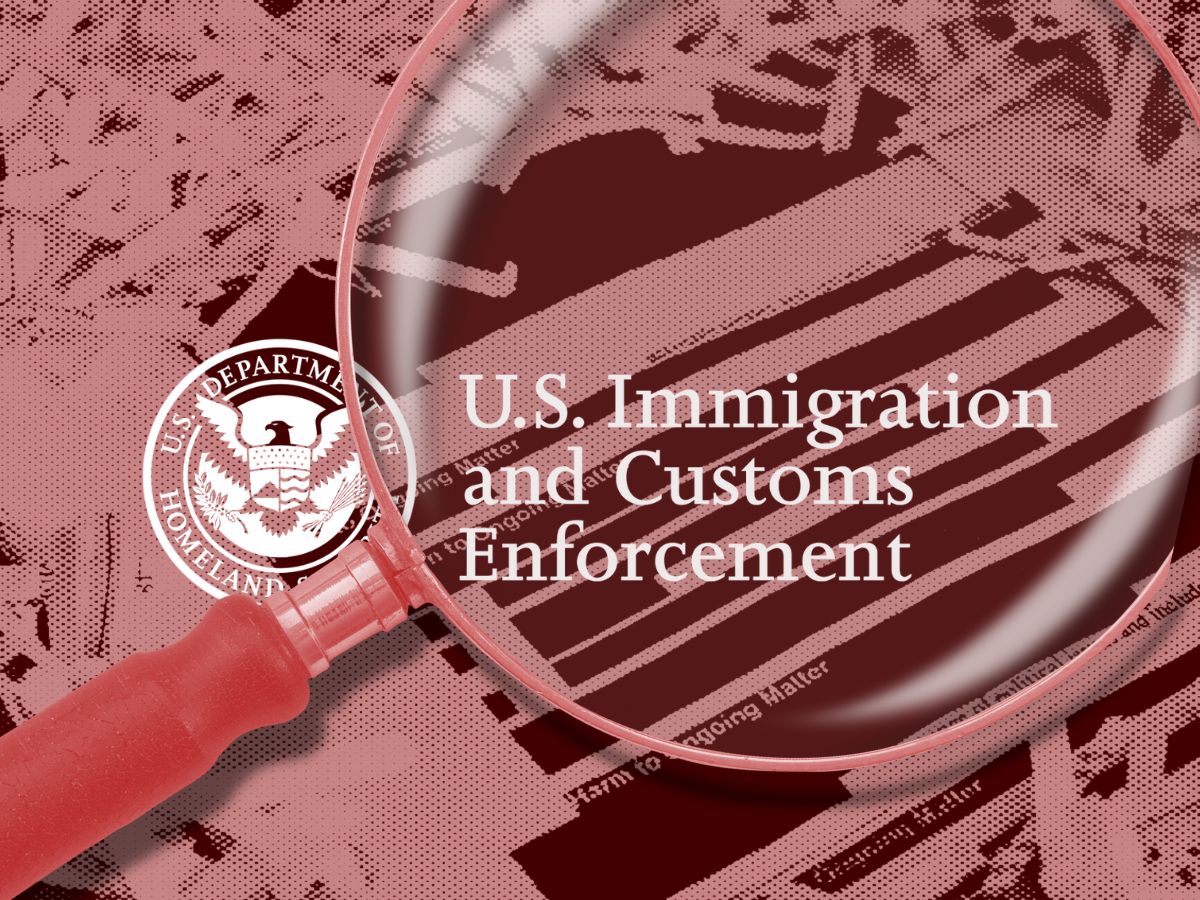
American Oversight ‘Will Get Those Documents’: ICE Must Redo Records Search and Release Requested Records Related to Deaths in Custody
“ICE loses on each challenged exemption,” the court ruled in American Oversight’s lawsuit for documents that could shed further light on conditions and procedures in immigration detention.

In a major win for government transparency and immigration justice, a court ordered Immigration and Customs Enforcement (ICE) to redo its search for records related to deaths of people in immigration custody and release them to the public.
In American Oversight’s lawsuit for the documents, Judge Trevor N. McFadden of the U.S. District Court for the District of Columbia ruled on Sept. 5 that ICE’s search for records requested through the Freedom of Information Act was inadequate and must be redone. The court also ordered ICE to turn over all documents that it withheld under FOIA Exemptions 3 and 5 because it did not adequately justify its reasons for those withholdings.
In November 2021, American Oversight sued the Department of Homeland Security (DHS) and ICE over seven different FOIA requests for records related to migrants who had died in custody between 2018 and 2021. Among the records sought were detainee death reports, health care and security compliance analyses, independent autopsies, and reports known as root cause analyses that examine the factors contributing to a migrant’s death.
Though ICE released certain reports over the course of the lawsuit, the documents contained redactions on hundreds of pages, including some that covered entire pages. Many requested reports were missing — namely, the agency had released root cause analyses for only 6 out of the 38 individuals about whom American Oversight sought information.
After significant negotiation, this spring American Oversight filed a motion for summary judgment challenging the adequacy of the agency’s search and the propriety of many redactions. In May, in response to American Oversight’s increasing pressure and before a court order had even been issued, ICE unilaterally lifted redactions on nearly 80 pages of public records previously redacted under the FOIA exemption for law enforcement techniques and procedures. Still, the agency continued to defend the thoroughness of its search and more than 400 pages of challenged redactions.
In last week’s decision, the court agreed with American Oversight on multiple points about the inadequacy of ICE’s search for records, ruling that ICE must search for records in the custody of the Office of the Principal Legal Advisor and ICE senior leadership, components of the agency it had not previously searched. ICE must also redo its search using variations of the detainees’ full names as search terms to capture as many records as possible about each individual.
ICE also failed to justify its redactions of records. On many sets of documents, ICE had withheld records under FOIA Exemption 3, which covers information prohibited from disclosure by other laws, and Exemption 5, which shields records protected by the deliberative process privilege or attorney-client privilege, among others.
“[American] Oversight will get those documents,” McFadden wrote about records withheld under Exemption 3, finding that ICE had not met its burden of justifying those withholdings.
With regard to Exemption 5, the court agreed with American Oversight’s argument that ICE had failed to fulfill the foreseeable harm standard with respect to many draft reports — that is, ICE did not explain why releasing the withheld drafts would cause harm to the agency — and ruled that the records must be released.
“ICE loses on each challenged exemption,” McFadden concluded.
The records produced to the public as a result of this ruling will shed light on the immigration detention system and help hold ICE accountable for the deaths of detainees under its watch — an important step toward preventing the unjust tragedy in the future. A copy of the court’s opinion can be found here.